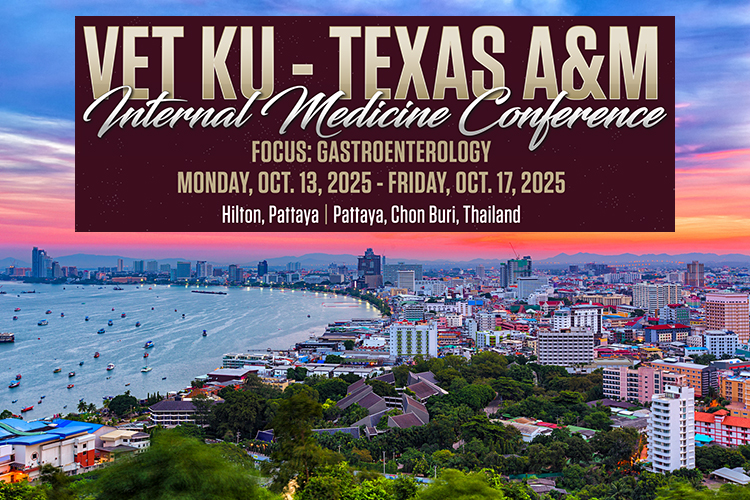General Information
Gastrin is an important gastrointestinal neuropeptide that is closely related to cholecystokinin and serves as one of the major stimuli of gastric acid secretion. The diagnostic utility of measurement of serum gastrin concentrations was studied in the 80’s and serum gastrin concentration remains the diagnostic test of choice for the diagnosis of gastrinoma. Gastrinomas are neuroendocrine tumors, usually located in the pancreas, that lead to increased production and secretion of gastric acid and in turn can cause gastric and duodenal ulcers leading to chronic vomiting, weight loss, and other clinical signs of chronic upper GI disease.
Sample requirements and shipping information-
0.5 ml fasting (12-18 hours) non-hemolyzed serum
Turnaround: 3-5 business days after receipt of samples.
Gastrin is not stable at room temperature. Fasting serum should be collected and separated from the clot as soon as possible into a plastic tube for shipment. The serum must be frozen immediately. We recommend that after freezing, the serum be shipped using dry ice rather than only ice packs because at refrigerator temperatures gastrin is only stable for 4 hours.
Interpretation
The reference interval for serum gastrin concentration in dogs using this assay was established as <28 ng/L, but most normal dogs will have undetectable serum gastrin concentrations. More work remains to be done to identify new uses for this assay. For now, the assay will serve as a diagnostic tool for dogs with chronic vomiting that are suspected of having a gastrinoma. Also, until a more precise cut-off value for the diagnosis of a gastrinoma can be determined, we would recommend using the traditional cut-off value of 10 times the upper limit of the reference range, or >280 ng/L.
As in the past, this cut-off value, borrowed from human medicine, is likely rather conservative in dogs and reflects a high prevalence of chronic atrophic gastritis in humans, which can cause severely elevated serum gastrin concentrations. In dogs, differential causes of elevated serum gastrin concentrations are chronic renal failure, gastric outlet obstruction, small intestinal resection, immunoproliferative enteropathy of Basenji dogs, gastric dilatation-volvulus, and administration of proton pump inhibitors. All of these differential diagnoses are considerably easier to rule out than atrophic gastropathy in humans. Therefore, a less than 10-fold elevation of serum gastrin concentration may be sufficient to diagnose a gastrinoma if other differential diagnoses have been carefully ruled out.

